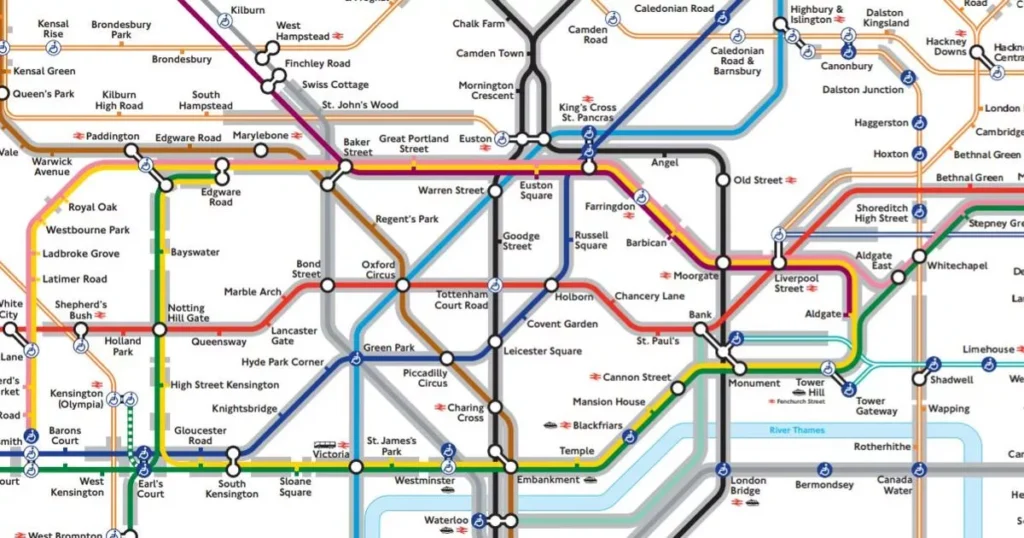In the UK, self-care has transformed from a buzzword into a lifestyle — and massage therapy is becoming a central part of it. Whether it’s after a stressful workweek in London or a rainy day in Manchester, more Brits are turning to massage not just as a luxury, but as a necessity.
So what’s driving this shift? Let’s dive into why massage is now a must-have in the modern British self-care toolkit.

🧠 1. Mental Health Awareness Has Gone Mainstream
In recent years, the UK has made massive strides in tackling mental health stigma. With more people openly discussing anxiety, burnout, and depression, there’s been a growing focus on non-medical interventions — and massage therapy fits the bill perfectly.
Massage helps regulate cortisol (the stress hormone), boosts serotonin and dopamine, and promotes better sleep — all things Brits are craving in the post-pandemic, hyper-digital era.
“Massage used to be a treat — now it’s part of how I manage my anxiety,” says Lauren, a 31-year-old office worker in Bristol.
🧘♀️ 2. The Rise of ‘Slow Living’ in the UK
From Cotswolds countryside escapes to wellness festivals in Somerset, the slow living trend is booming. Brits are rejecting hustle culture in favour of more intentional living.
Massage, by nature, forces you to slow down — to be present. It’s one of the few times people put down their phones, unplug, and reconnect with their bodies.
And it’s not just spas getting attention — mobile massage services and local therapists are seeing demand surge for at-home sessions that align with this peaceful pace of life.
💼 3. Work-from-Home Aches and Digital Fatigue
With millions of UK workers still in hybrid or remote setups, there’s been a sharp rise in physical strain. Stiff necks, shoulder tension, and lower back pain from kitchen table “desks” are all-too-common complaints.
Massage is now less about candles and ambient music — and more about functionality. It’s become the go-to for physical recovery and mobility, especially among millennials and Gen Zs glued to their laptops.
Physios report a 60% rise in people seeking soft tissue therapy due to homeworking posture issues (Chartered Society of Physiotherapy, 2024).
🕯️ 4. Personalised, Local Wellness Is In
Big spas are out. Personalised wellness is in. From Glasgow to Brighton, Brits are turning to independent massage therapists who offer tailored services — reflexology, aromatherapy, lymphatic drainage, and more.
Platforms like M4Massages.com are making it easier than ever to find a therapist nearby, read reviews, book instantly, and even request custom treatments.
People want authenticity, not generic spa packages — and local UK therapists are delivering just that.
💬 5. Social Media Influence & Normalising Self-Care
Let’s not overlook the impact of TikTok, Instagram, and YouTube wellness influencers. British content creators like @thebodycoach and @lifestylewithliv are constantly reinforcing the message that massage isn’t indulgent — it’s essential.
It’s not just celebrities preaching self-care; it’s your friends, your coworkers, and your local community. Social media has helped shift public perception and made booking a massage as normal as grabbing a coffee.
📈 Final Thought: Massage Is Here to Stay
Massage therapy in the UK is no longer a special-occasion treat — it’s a regular part of how Brits stay mentally resilient, physically mobile, and emotionally well.
Whether it’s a monthly deep tissue session, a weekly lymphatic drainage massage, or an on-demand therapist visit before a big event — massage is becoming woven into British life.
And platforms like M4Massages.com are helping lead this shift — connecting clients to trusted, skilled therapists in every corner of the UK.
Ready to make massage part of your self-care routine?
Explore therapists near you on M4Massages.com today →
Leave a Reply